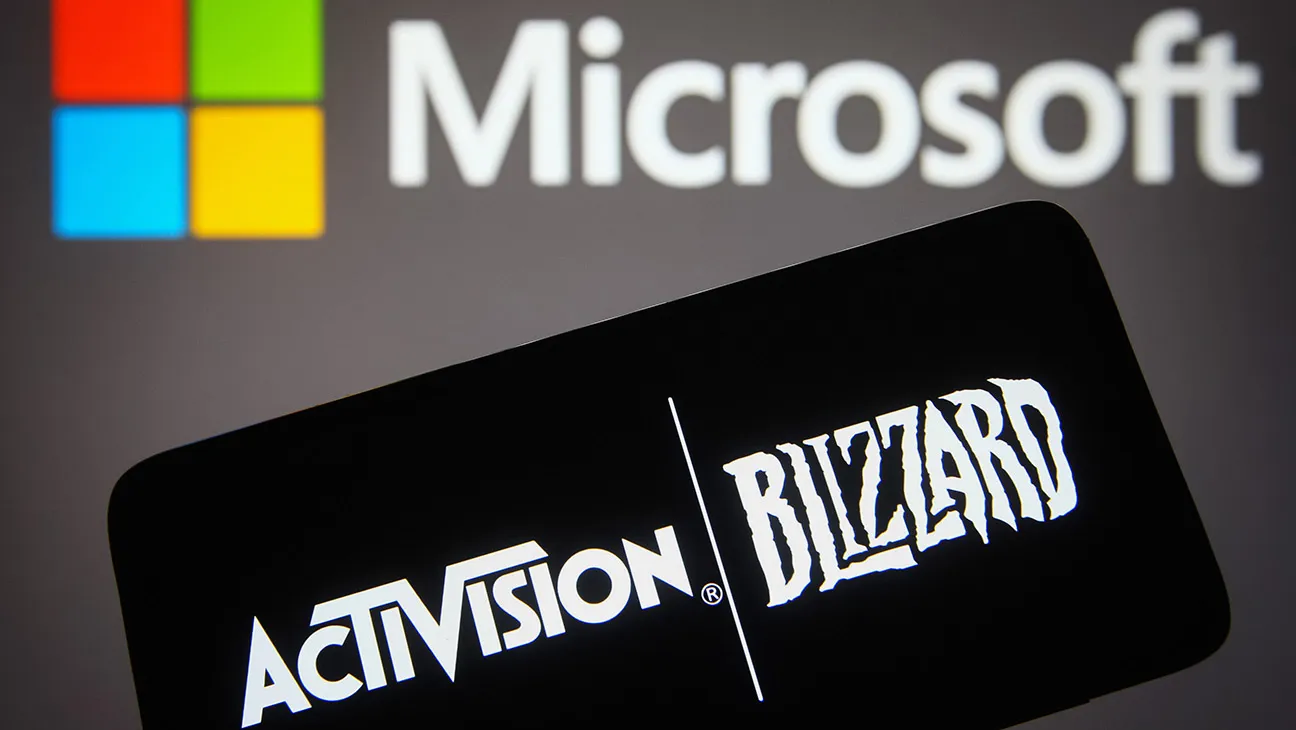UK (Parliament Politic Magazine) – Activision Blizzard, the creator of the Call of Duty franchise, is set to transfer its streaming rights to Ubisoft Entertainment in a fresh effort to secure the green light from the UK’s anti-trust regulatory body for its $69 billion acquisition by Microsoft. This regulatory approval stands as the final significant obstacle in finalizing one of the most substantial transactions in the realm of technology.
During the morning hours in New York, Activision’s shares demonstrated a 1.1 percent increase, while Microsoft’s shares also rose by 0.7 percent. In Paris, Ubisoft shares exhibited an impressive surge of 8.8 percent at the close, positioning them as the leading gainer on the pan-European STOXX 600 index.
UK’s Competition Regulatory Body Has Taken Action
In response, the UK’s competition regulatory body has taken action by launching a fresh inquiry into Microsoft’s revised acquisition proposal. The Competition and Markets Authority (CMA) announced on Tuesday that it has until October 18 to determine whether to grant approval to the transaction or escalate its preliminary examination into a more comprehensive review. Both companies had previously agreed to extend the transaction’s deadline to the same October 18 date.
Microsoft, the manufacturer of Xbox gaming consoles, has been actively pursuing the acquisition of Activision, renowned for its widely popular Call of Duty gaming series, ever since the announcement of the $69 billion deal in January 2022. This endeavor has garnered endorsements from antitrust authorities in 40 countries, including the European Union.
The high-profile transaction encountered resistance within the United States; however, the Federal Trade Commission’s legal battle to impede it was unsuccessful, effectively removing obstacles for its progression.
The Progress Remains Hindered In UK
The acquisition’s progress remains solely hindered in the United Kingdom, where authorities took steps to block it earlier this year, citing concerns about potential stifling of competition in the burgeoning cloud gaming sector. This arena allows players to forgo purchasing expensive consoles, instead streaming games to their tablets or smartphones.
After a series of deliberations spanning several months, the Competition and Markets Authority (CMA) affirmed on Tuesday its initial decision to disapprove of the deal, compelling Microsoft to present revised terms.
In the revamped agreement, Microsoft is prohibited from exclusively launching Activision titles such as Overwatch and Diablo solely on its proprietary cloud streaming service – Xbox Cloud Gaming. Additionally, the company cannot exercise exclusive control over licensing conditions for competing services.
Instead, French gaming competitor Ubisoft will secure the cloud streaming privileges for Activision’s present computer and console game catalog, alongside any forthcoming games introduced by Activision within the forthcoming 15 years.
This arrangement will hold true on a global scale, except for Europe, where the original arrangement had already been endorsed by Brussels. In Europe, Ubisoft will receive a non-exclusive license to utilize Activision’s rights, enabling the distribution of these games within the region.
Activision CEO Bobby Kotick remarked that the sale of streaming rights would not result in any significant alterations.
A Distinctive and Innovative Proposition
In an unprecedented move, the UK regulatory body postponed its ultimate decision to block the transaction. This extension allowed the organization to factor in an EU determination to approve Microsoft’s commitment to automatically license Activision games for cloud gaming platforms, along with a licensing agreement between Microsoft and its competitor Sony, the manufacturer of the PlayStation console.
On Tuesday, the CMA announced that these developments would not have influenced its initial decision, leading to an order to obstruct the deal. Simultaneously, it is evaluating the fresh proposal from Microsoft, which, as Sarah Cardell, CEO of the UK regulatory body stated, “differs substantially from the previous proposal.”
Cardell clarified, “This is not an endorsement. We will meticulously and impartially scrutinize the particulars of the restructured agreement and its implications for competition, taking into account external feedback.”
The regulatory authority’s choice to initiate a fresh inquiry rather than granting consent to the transaction caught many by surprise, introducing the possibility of another protracted assessment, according to Alex Haffner, a competition partner at the UK legal firm Fladgate.
“Nonetheless, in practical terms, it’s challenging to imagine that Microsoft would have opted for this new approach unless it held a considerable level of assurance that it would ultimately receive regulatory approval from the CMA,” he conveyed via email.

